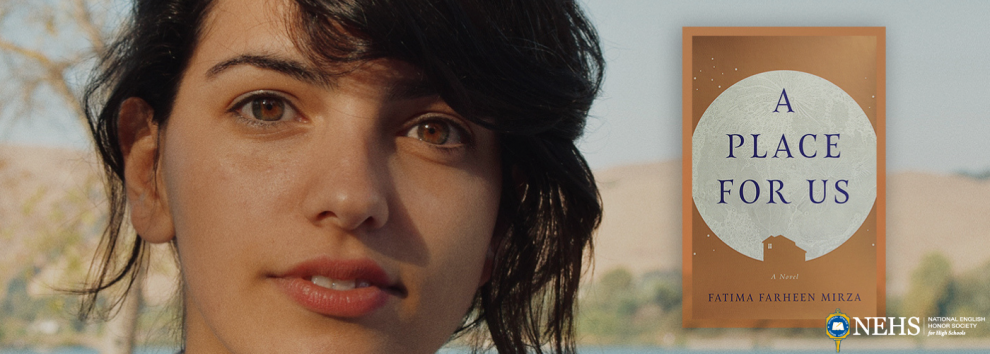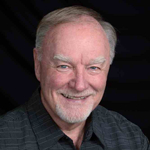A Place for Us rose to the top of the suggested texts for a range of reasons: it is contemporary; it addresses current, very real, societal issues; using it likely expands and stretches the applicants’ reading backgrounds; the complexity of structure, theme, character development, and emotional impact will, we believe, resonate with many students (and Advisors, for that matter). The Council also felt we would be able to craft thoughtful and challenging prompts that would engage our members.
Here are some criteria for selection and use of the 2019-2020 Common Reader, A Place for Us, by Fatima Farheen Mirza:
- Future selections will most likely be relatively newly published works, not from the traditional English canon;
- Selections will be announced no later than the last week in April each year to facilitate summer reading;
- Texts must be of sufficient challenge to engage our academic membership, yet must be selected acknowledging our members have heavy reading loads during their senior year; thus, length is at least a consideration;
- Future texts likely will reflect an interdisciplinary complexity leading to prompts that may require some additional reading and/or research;
- Book availability in various formats will be considered to accommodate multiple learning/reading preferences;
- Chapters are encouraged to use Common Readers at the basis for book club discussions, but the texts are NOT intended to be taught as part of the English curriculum. We wish to see the work of independent writers, not writing that is guided by direct instruction from teachers and/or Advisors.
As individuals who love literature, all of us motivated to be a part of NEHS appreciate the creative energy that results in moving and inspiring texts. Theseus, in Shakespeare’s A Midsummer Night’s Dream, addresses the “magic” that takes imagination to form: “And as imagination bodies forth / The forms of things unknown, the poet’s pen / Turns them to shapes and gives to airy nothing / A local habitation and a name” (V.i.14-17). We trust the imagination of Fatima Farheen Mirza, given form so beautifully in A Place for Us, becomes a “habitation and a name” for all readers.
NEHS Seeks New Advisory Council Members
Annual NEHS Report
Plagiarism and the English Classroom
St. Louis-based Organizations Receive Grants
Approaches to the Common Reader






